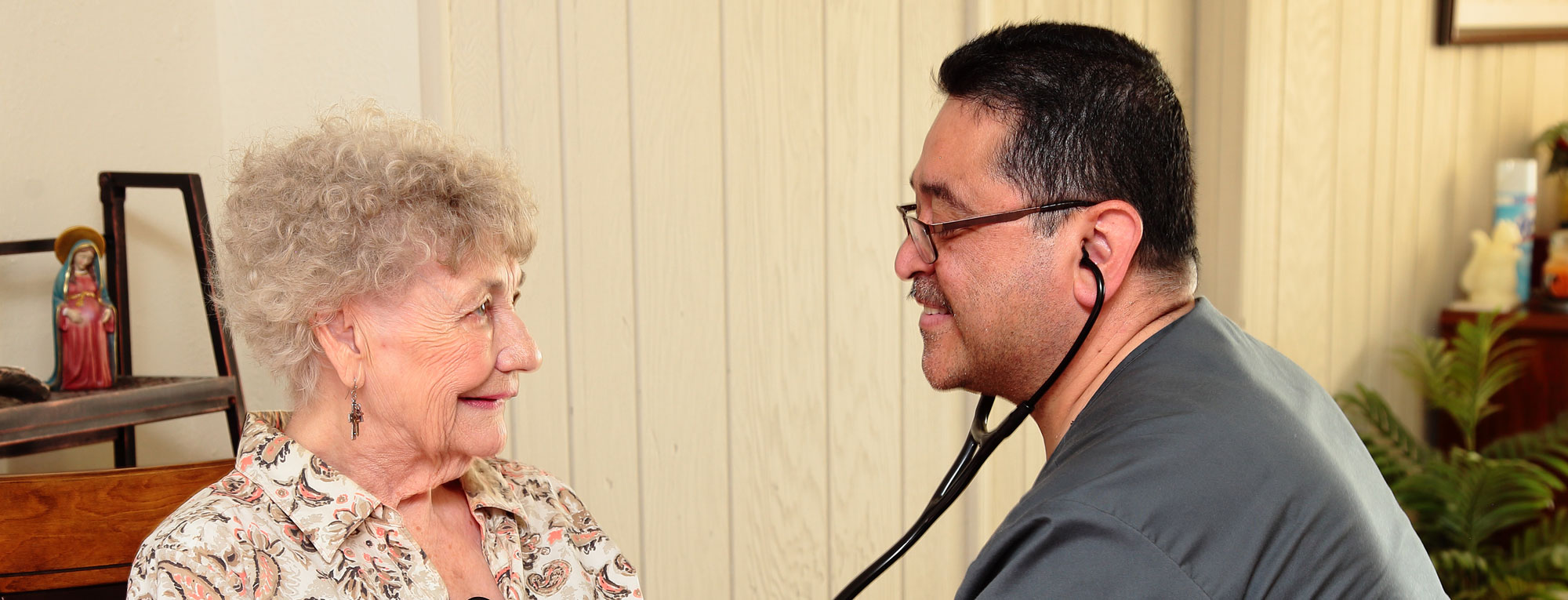Embracing Comfort: The Importance of Early Hospice Care
In the journey of life, there comes a time when the focus shifts from aggressive medical interventions to prioritizing quality of life and comfort. Hospice care, often misunderstood and underutilized, plays a crucial role in providing compassionate support during the final stages of life. Unfortunately, many individuals and their families delay or avoid considering hospice care due to common misconceptions. In this article, we’ll explore the significance of starting hospice care early and debunk some prevalent myths surrounding this invaluable service.
The Essence of Early Hospice Care:
Hospice care is a specialized form of healthcare designed to provide comfort, pain management, and emotional support to individuals facing a life-limiting illness. Contrary to popular belief, hospice is not just for those with days or weeks to live; it is most effective when initiated early in the trajectory of a terminal illness.
Enhancing Quality of Life:
The primary goal of hospice care is to improve the overall quality of life for patients and their families. By starting hospice early, individuals can benefit from a comprehensive care plan that addresses physical, emotional, and spiritual needs. Early involvement allows patients to better manage symptoms, maintain their dignity, and actively participate in decision-making about their care.
Holistic Approach to Care:
Hospice care focuses on holistic well-being, recognizing that patients are more than their medical conditions. By involving a multidisciplinary team, including doctors, nurses, social workers, and spiritual counselors, hospice provides a comprehensive support system.
Starting hospice early ensures that patients and their families have access to a range of services tailored to their unique needs, including pain management, counseling, and spiritual guidance.
Emotional and Spiritual Support:
Facing a life-limiting illness is emotionally challenging for both patients and their families. Hospice care offers emotional and spiritual support that extends beyond medical interventions.
Early initiation of hospice allows for the development of meaningful relationships between patients and care providers, fostering a sense of trust and understanding.
Debunking Common Misconceptions:
Despite the evident benefits of early hospice care, several misconceptions often deter individuals from considering this valuable service. Let’s debunk some of these myths:
Myth: Hospice is only for the final days of life.
Debunked: Hospice is most effective when initiated early in the course of a terminal illness. It provides ongoing support, allowing patients to manage symptoms, make informed decisions, and experience improved quality of life.
Myth: Hospice means giving up on treatment.
Debunked: Choosing hospice does not mean abandoning treatment. Instead, it shifts the focus from aggressive, curative interventions to comfort and quality of life. Patients can still receive appropriate medical care and therapies that enhance their well-being.
Myth: Hospice care only happens in a facility.
Debunked: Hospice care is not limited to a specific location. It can be provided at home, in assisted living facilities, or in hospice centers. The flexibility of hospice services accommodates the individual preferences and circumstances of patients and their families.
Myth: Hospice care is only for the elderly.
Debunked: Hospice is for individuals of all ages facing a life-limiting illness. It caters to the unique needs of each patient, providing age-appropriate and personalized care.
Choosing hospice care is a deeply personal decision that requires thoughtful consideration. Embracing the essence of early hospice care can significantly enhance the overall well-being of individuals facing a life-limiting illness. By debunking common misconceptions, we hope to encourage more families to explore the benefits of hospice and make informed decisions that prioritize comfort, dignity, and quality of life during life’s final chapter.

